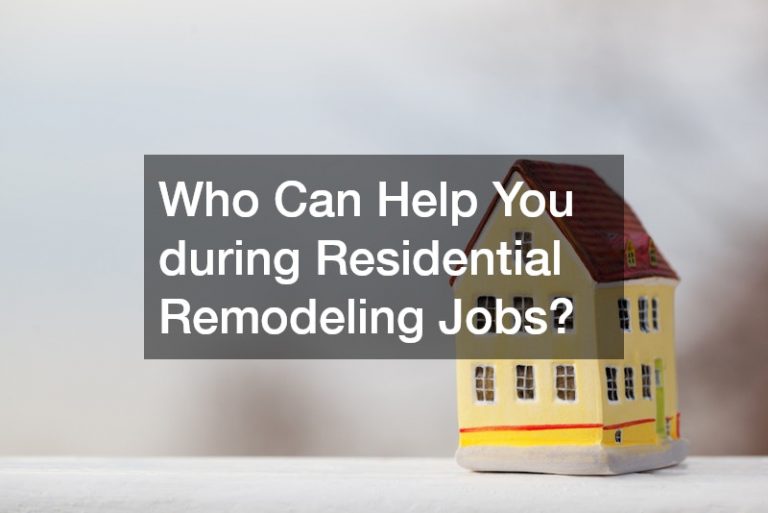What is Civil Litigation?

One of the most common methods in which a party may seek relief from a wrong committed by another is through the institution of civil litigation. This concept is clarified in the video, “Explained: Civil Law and Civil Litigation.” It attempts to achieve justice in which individuals can file against another person or entity, including government agencies, corporations, and individuals.
During the process, the prevailing party expects to be compensated financially for the costs incurred in the case.
Civil litigation is not a criminal proceeding. However, it does give rise to adverse legal consequences for the person or entity that is found liable. Some examples of civil cases include family law, labor law, tax law, and immigration law.
In civil litigation, the compensation sought usually corresponds to an individual’s damages (loss of money or property). The prevailing party is also entitled to legal fees and other costs such as telephone calls and courier fees. Suppose the prevailing party has proven that the other party has violated their rights. In that case, they may expect monetary compensation for automatic costs such as time spent on case filing and examination.
To sum up, in civil litigation, the claimant is the party who files a case against the defendant to recover damages. Civil litigants are usually individuals and companies, but they can also be governments, agencies, or other legal entities.
.








